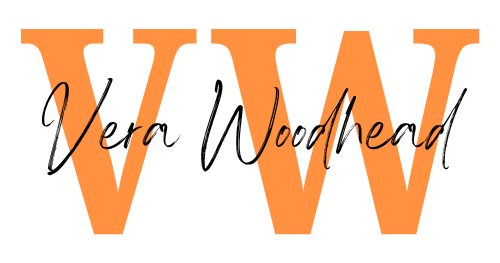Whilst out running on the moors last Sunday, I came upon an expansive boggy area where a few strategically placed stones acted as stepping stones. I stopped to look where I was placing my feet when I noticed something brown and well camouflaged within the bog. A closer inspection revealed that it was a lapwing chick. It laid motionless face down in the bog with its eyes closed. I fished it out, laid it upon the heather and had taken several strides when something urged me to go back and look at the chick.
I picked up its lifeless form, wrapped it in my headband and sat contemplating what to do. Minutes passed in the sunshine when I noticed a pair of lapwings above. I looked at the chick and was wondering what my next move would be when to my surprise it opened its eyes. A few moments later I placed it on the ground but it seemed unable to move and find its ‘legs’. Picking it up and stroking it gently seemed a natural thing to do and after a while I observed that it was starting to straighten its legs. Moving to a space away from the bog and sheltered I placed it on the ground, watched it take a few faltering steps before it scuttled off.
As I continued I wondered what made me go back? My gut instinct told me to go back. Do you trust your gut feelings? Do you acknowledge that 6th sense or ‘knowing’? Most of us have experienced these but do we take any notice of them and use them in the work place? Would you trust your colleague’s ‘gut instinct’ or would you dismiss it because it transcends reason and logic?
We work in environments where often there may not be sufficient data available, not enough time to gather all the required information or where decisions have to be made then and there. In such ambiguous situations or where there is conflicting evidence, intuition, experience and knowledge is relied upon. Skilled strategic decision making requires an ability to blend intuition with logic, reasoning and analysis to inform processing and help leaders make better decisions.
According to Professor Hodgkinson, intuition is the result of the way our brains store, process and retrieve information on a subconscious level and is a real psychological phenomenon. Research shows that intuition is the brain drawing on past experiences and external cues to make a decision.
As neuroscience advances more research is being conducted such as the US Navy investigating how members of the military can be trained to improve their intuitive ability during combat and references several stories where intuition has saved lives.
What are some of the things that you can do to tap into and amplify this natural ability and wisdom?
– Give yourself permission to follow and use your instincts and intuition. Learn to trust that the answer is there within you
– Start trusting your hunches when you have them and tune into your inner voice. Take notice of those niggling, nagging, gut feelings and acknowledge them. Notice when and how they present themselves so you will recognise when it does matter
– Tune into what your body is telling you. What is that sensation in your stomach, the lump in the throat…saying to you?
– Try and declutter your head and mind as often as possible to get access to those intuitive feelings
Do you take notice of your gut feelings? Do you have a story to share where you used your intuition? How are you as a leader tapping into your intuitive powers?
Love to hear from you
Join me for Coaches Connect and Follow me on Twitter @verawoodhead
Discover more from Vera Woodhead
Subscribe to get the latest posts sent to your email.
